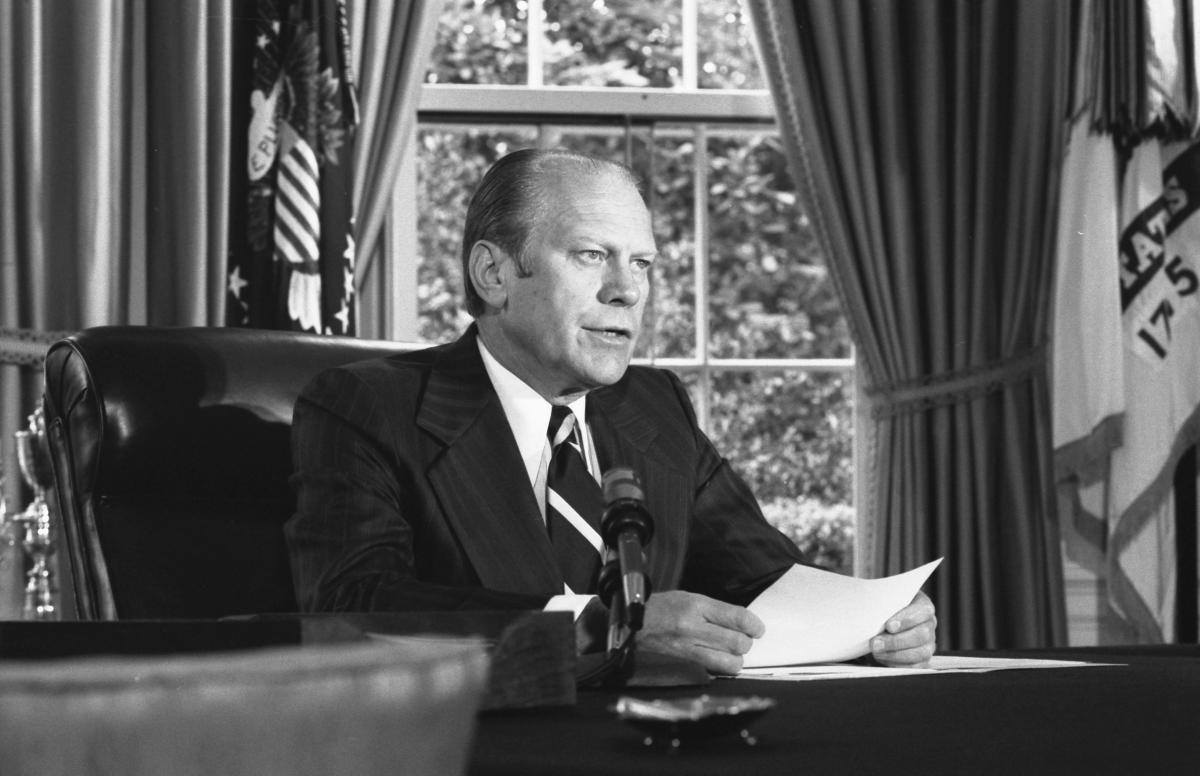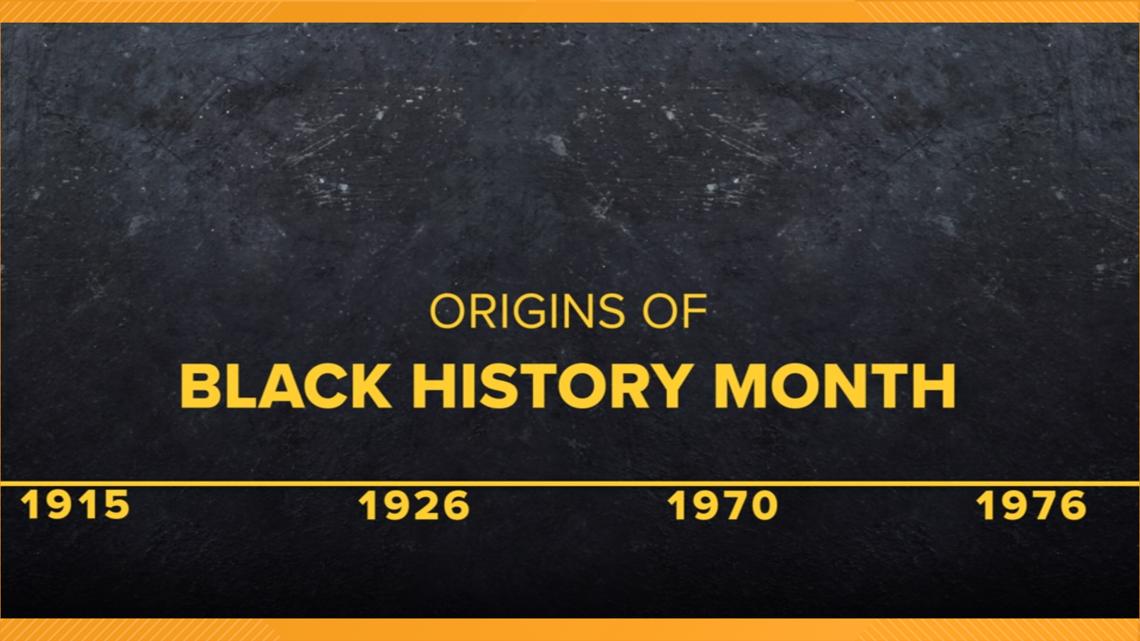President Gerald Ford was the pivotal figure who officially recognized Black History Month in 1976. His decision to expand Negro History Week into a month-long celebration was a momentous step toward acknowledging the invaluable contributions of African Americans throughout history.
Gerald Ford assumed the presidency during a challenging period in American history. In the aftermath of the Civil Rights Movement and amidst ongoing struggles for equality and social justice, Ford sought to foster a more inclusive society. His support for Black History Month reflected his commitment to recognizing the rich tapestry of American heritage and honoring the often-overlooked contributions of Black individuals.
Ford’s motivations for recognizing Black History Month were rooted in a desire to promote unity, understanding, and equality among all Americans. He understood the significance of celebrating the achievements, struggles, and cultural impact of African Americans and believed that designating an entire month for this purpose would elevate awareness and appreciation for Black history and culture.
By officially recognizing Black History Month, President Ford aimed to encourage education, dialogue, and reflection on the experiences and accomplishments of African Americans. He recognized the importance of representation in history and the need to ensure that the narratives of marginalized communities were incorporated into the broader American story.
Ford’s decision marked a significant milestone in the ongoing journey toward equality and inclusivity in the United States. His support for Black History Month served as a symbol of national recognition and appreciation for the contributions of African Americans, promoting a deeper understanding of their struggles and triumphs.
President Ford’s legacy includes his role in expanding the celebration of Black history, reinforcing the importance of diversity, and fostering a more inclusive society. His recognition of Black History Month continues to resonate as an annual opportunity for learning, reflection, and honoring the enduring legacy of African Americans in shaping the nation’s history and culture.





